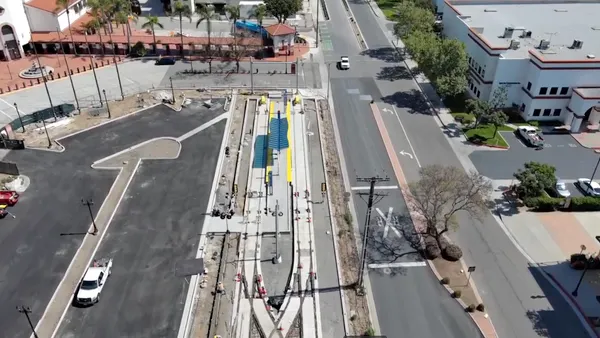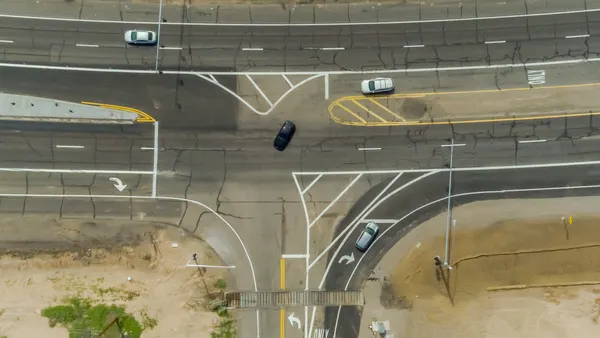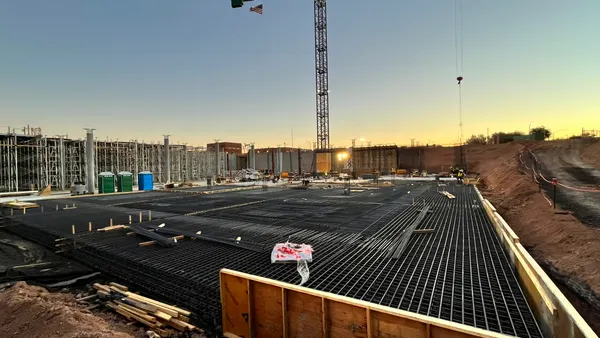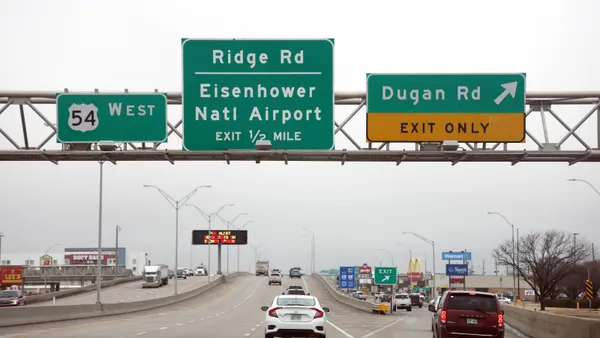Dive Brief:
- California has initiated a $1.25 billion taxable bond sale to help fund construction of its $64 billion high-speed rail project, according to the Associated Press, despite a pending lawsuit and questions about the project's viability and fiscal management from federal officials.
- The sale is part of the $10 billion bond measure that voters approved in 2008 in order to provide support for the Southern California-to-Northern California bullet train. This is the first time that officials have tapped that funding source.
- State officials said they made the decision to move forward with the bond sale despite potential obstacles and said the state can afford the project. In addition, California's bond ratings are at record highs, making now a good time to borrow.
Dive Insight:
The project has been mired in controversy since its inception, but public scrutiny became more intense after a series of investigative reports from the Los Angeles Times, which suggested that the California High Speed Rail Authority had been less than forthcoming about its hurdles and potential costs. This led to state legislative hearings, but the project has continued to inch forward.
Then came the Caltrain rail electrification project near San Francisco. The CHSRA agreed to put more than $800 million toward the electrification because it anticipates sharing that line one day. However, some critics of the plan said the CHSRA was overstepping the boundaries of the $10 billion bond measure because there was nothing about electrification in the original bill. That lawsuit is pending.
In addition, the California GOP congressional delegation allegedly put pressure on the Federal Transit Administration to postpone a $647 million grant to help electrify a San Francisco Bay Area train system. The FTA announced in February that the grant was on hold until after the 2018 budget could be hammered out. Republicans reportedly said that they didn't want any money going into a project that could benefit the high-speed rail until a full audit could be conducted.
While CHSRA officials have continued to maintain that the project is on track, there have been some high-profile setbacks. Due to logistics and costs, the initial route was changed from Southern California to Northern California, and, according to the Times, the agency had not been able to make all the necessary land acquisitions. Delays have cost the CHSRA about $60 million in change orders from contractor Tutor Perini, and there could be more on the horizon.













